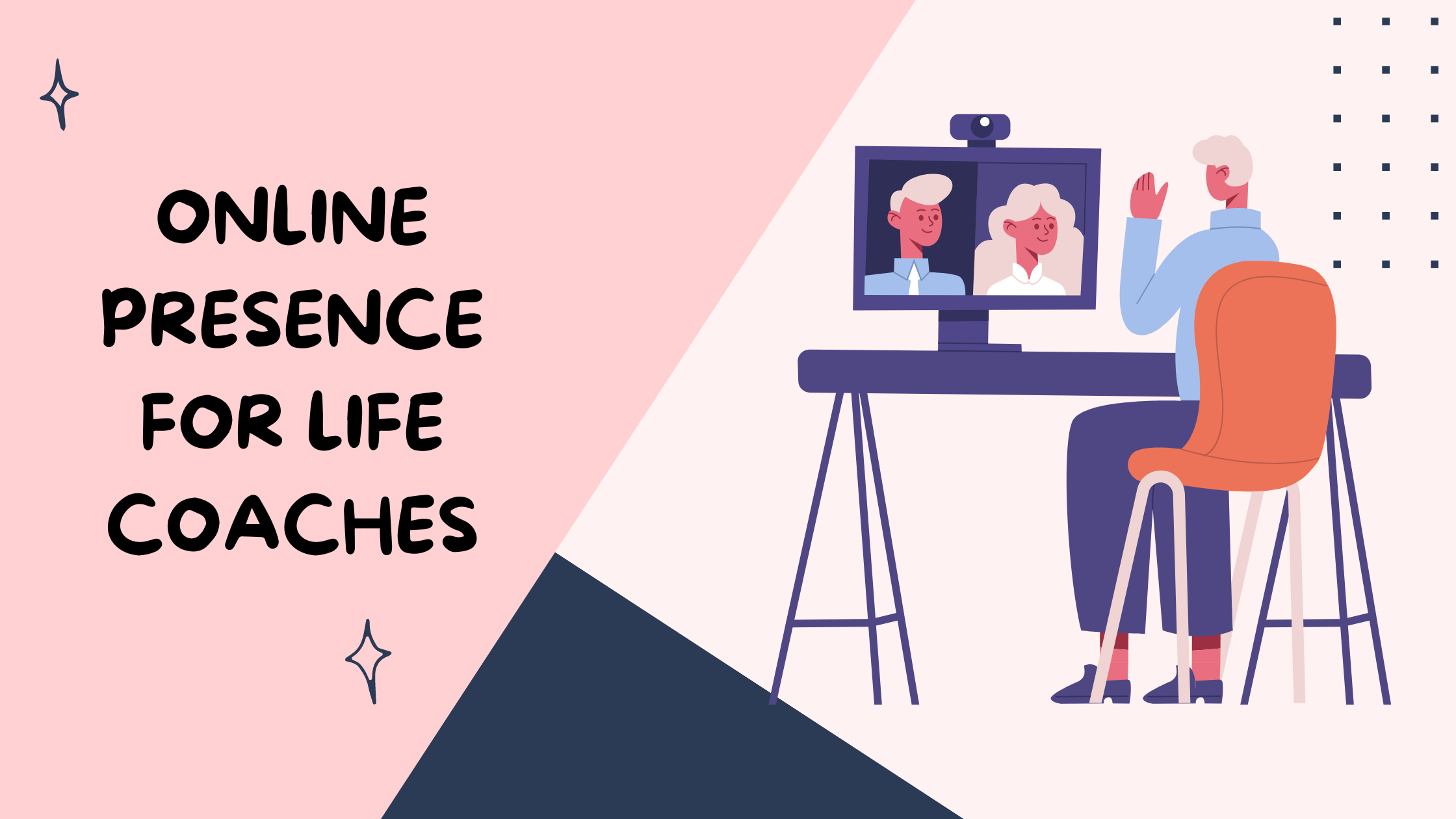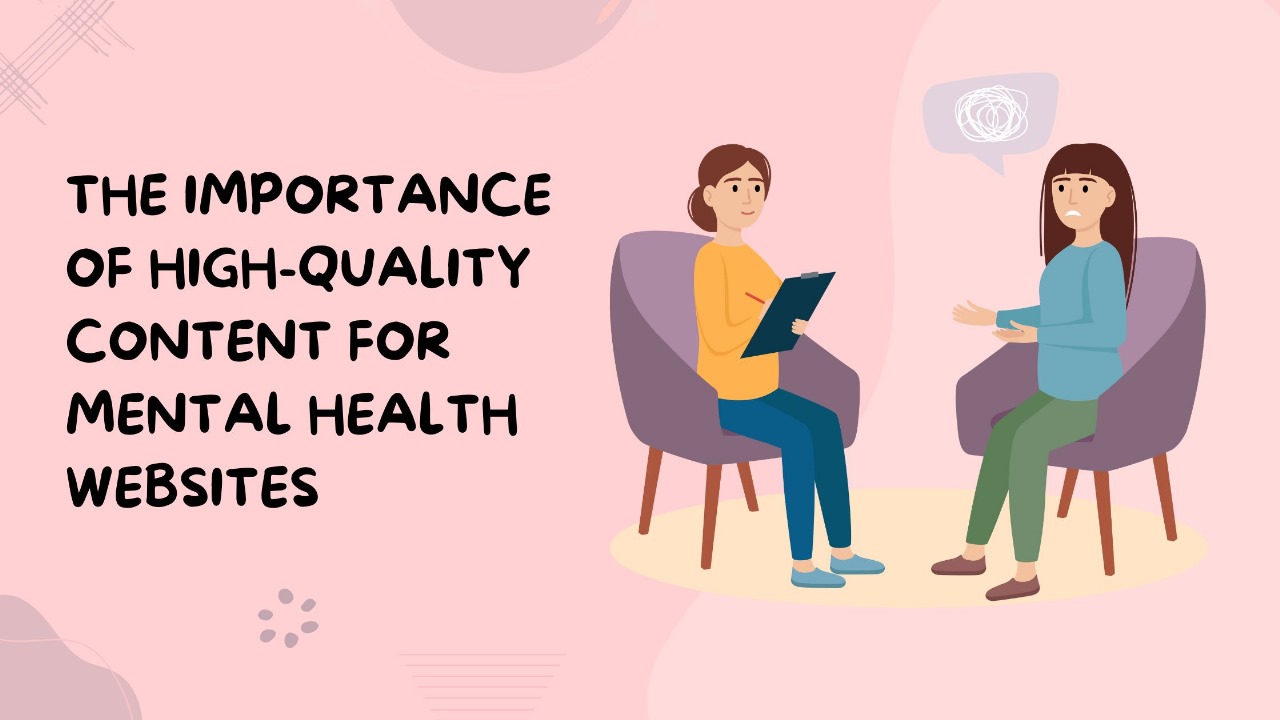LifeHetu
25 Jan 24 07:55 am
The Importance of an Online Space for Modern Coaches
Having an online presence is crucial for modern coaches for considerations beyond practicality; it is a critical strategy for being successful in the dynamic coaching environment

It is impossible to overestimate the significance of building a strong online presence in the quickly changing field of coaching and personal development. The way people look for advice, and grow as individuals has changed dramatically in the digital age. Modern coaches are therefore at a turning point in their careers where engaging the online space is no longer only advantageous but essential. One crucial aspect of this engagement is the development of a website for life coaches, which can enhance accessibility, expand globally, support ongoing learning, and create an active coaching community. The multiple importance of an online platform for modern coaches is examined in the following article, which also looks at how it may improve these aspects.

Accessibility Redefined:
The unparalleled accessibility that comes with having an online place for professionals, such as a website for life coaches, is one of its main benefits. In the conventional coaching approach, people had difficulty connecting with the correct coach since they were frequently limited by geographical constraints. With the development of digital platforms, coaches are able to overcome these constraints and connect with a worldwide audience.
Traditional vs. Modern Coaching Models:
In the past, coaching was a regional profession with geographical restrictions. Coaches mostly operated inside their local areas, depending on networking within the community and word-of-mouth recommendations. But the internet has brought in a new era of opportunity for coaches, one that allows them to break through these barriers like never before.
In today's coaching environment, coaches can reach a worldwide audience via a variety of online platforms. A major change in the coaching industry has occurred with this move from a local to a global focus, which has redefined how coaches work with clients and support their personal growth.
Breaking Geographical Barriers:
Coaches can connect with customers from a variety of backgrounds and locations thanks to the internet, which serves as a bridge. In addition to increasing the coach's clientele, this increased accessibility enables people in remote locations to get high-quality coaching services that they might not have previously had.
Catering to Diverse Needs:
Coaches can expand their services in order to meet different requirements and preferences by having an online presence. Coaches can customize their services to target particular difficulties that their clients may be facing through webinars, online courses, and virtual coaching sessions. This flexibility increases coaching approaches' efficiency in general.
Global Reach and Impact:
An age of connectivity has been brought about by the digital era, allowing coaches to have a significant impact that extends well beyond local borders. Coaches can now make a huge, initially unimaginable, worldwide impact on lives by using an internet platform.
Leveraging Social Media Platforms:
Social media is a potent tool that coaches may use to spread their knowledge and gain a worldwide following. Coaches can interact with like-minded individuals, offer insightful content, and draw in global clientele by using platforms such as LinkedIn, Instagram, and Twitter.
Building a Brand on the World Stage:
Coaches can develop and present their personal brand globally by having an internet presence. By use of a polished website, captivating content, and tactical marketing, coaches may establish themselves as experts in their field, garnering acknowledgement and confidence from a global audience.
Continuous Learning and Professional Development:
To remain updated and productive in the ever-evolving field of coaching, one must continuously research. A coach's ability to share insights and best practices with the coaching community is enhanced by having an online presence, which also helps with continuing education.
E-Learning Platforms:
To meet their peers' requirements for professional growth, coaches might design and provide courses on e-learning platforms. The industry's coaching standards are raised mainly because of this information sharing, which creates a cooperative atmosphere where coaches can benefit from one another.
Webinars and Virtual Conferences:
Coaches can host and take part in webinars, virtual conferences, and panel discussions in the digital realm. These meetings provide forums for the sharing of ideas, enabling coaches to stay updated on developments in the field, new approaches, and creative strategies. Because these events are virtual, the limitations of in-person attendance can be eliminated, enabling coaches all over the world to participate.
Building a Thriving Coaching Community:
With an online presence, coaches may create a community that is encouraging and cooperative. In addition to being advantageous to coaches personally, this sense of community advances the coaching industry as a whole.
Networking and Collaboration:
Coaches can interact with mentors, colleagues, and prospective partners via online channels. These relationships enable the pooling of resources, the interchange of ideas, and the potential for working together on initiatives that have the potential to increase the effectiveness of coaching programs.
Client Testimonials and Success Stories:
Client reviews and success stories can be found on an online platform. This gives prospective clients confidence in the coach while also validating their level of skill. Within the coaching community, a favorable and reliable reputation is cultivated through the ability to showcase successful outcomes.
The Future of Coaching in the Digital Age:
The importance of an online platform for modern professionals expands as we move through the digital era. The capacity to use technology to coach not only increases the impact and reach of coaching, but it also revolutionizes the coaching industry as a whole.
Integrating Technology for Enhanced Coaching:
The coaching experience can be completely transformed by incorporating technological tools like data analytics, artificial intelligence, and virtual reality. These developments can improve the tailoring of coaching interventions, give coaches insightful information about their clients' progress, and create new opportunities for experiential learning.
Ethical Considerations in the Digital Realm:
It is critical that coaches address ethical issues pertaining to data security, privacy, and upholding the authenticity of the coaching relationships as they embrace the online space. Ensuring that the digital transformation of coaching is consistent with the fundamental values of the profession requires the establishment of explicit rules and ethical standards.
Conclusion:
In conclusion, having an online presence is crucial for modern coaches for considerations beyond practicality; it is a critical strategy for being successful in the dynamic coaching environment. The creation and optimization of a website for life coaches play a significant role in this strategy. The many benefits, such as improved accessibility, worldwide reach, chances for lifelong learning, and community development, all work together to make coaching an appealing and globally significant profession. In addition to changing people's lives, coaches navigating the digital era are also influencing the direction of coaching as a whole. In a world where personal growth is becoming more and more important, modern coaches are positioned to be agents of good change because of their incorporation of technology, ethical considerations, and a dedication to ongoing learning.
While creating an online presence can be difficult, it's a necessary task for coaches who want to leave a lasting impression because of the opportunities it presents for influence, growth, and connection. Those who seize the chances provided by the digital era will not only prosper on a personal and professional level but will also make a substantial contribution to the larger field of human development and well-being as the coaching profession develops.
Related Reads. Similar Blogs to Check Out.



